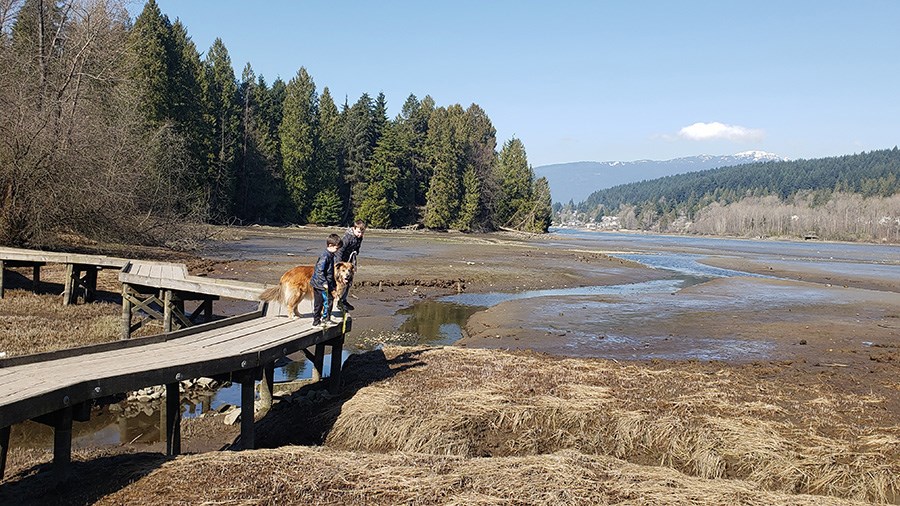With B.C.’s provincial health officer, Dr. Bonnie Henry, urging us to all stay home and maintain physical distance, you might wonder about safe ways to exercise and remain physically active during the coronavirus outbreak.
And if you’re a parent, you might be even more stressed figuring out ways to keep your kids active.
As children and youth from around B.C. are well into a long stretch of staying home — and this is their first week of school at home — kids and their families should know that physical activity shouldn’t be left behind.
In fact, your child’s physical and mental health may depend on it.
Right now, we are encouraging kids to be active in ways that don’t include playgrounds, playdates, community centres and sports gatherings but that doesn’t mean we can’t get them moving in other ways
I conduct research in children’s physical activity and I'm an outdoor play advocate, and during this pandemic I would like to encourage continued outdoor time, so long as you are following recommendations by the provincial health officer. Currently, many of us are still allowed to get outside, although if physical distancing requirements are not followed, stronger orders may still be imposed by Dr. Henry.
The first step is to check your local health guidelines before going out, which currently include keeping at least two metres from others, not using playground equipment or closed parks facilities, and washing hands when returning home.
While children are less susceptible to getting sick with coronavirus, they can transmit it to others when they go home, such as elderly grandparents or those with underlying illnesses.
And if you have any symptoms or have recently travelled, you should stay home.
If you can go outside safely, though, try to find a local trail, make an urban scavenger hunt, walk the dog, create a giant game of snakes and ladders using chalk, use gloves to pick up garbage in your neighbourhood, make an obstacle course in your backyard — basically, encourage outside playtime, rain or shine.
If you are asked to stay inside, try an indoor game of hopscotch using painters tape, an online kids’ yoga or exercise class, a family fun circuit or a fun dance party — there are lots of creative ways to keep moving.
Physical activity is critical for children during times of stress, which may be in overdrive right now. They need to be active every day to promote good physical and mental health. You might be less motivated to be active right now, and that makes good sense, but adding some movement into your life may help relieve stress, help you sleep better and build your immune system.
As parents, we can use this time to be a physical activity role model and demonstrate for our children healthy ways to cope with stress during crises. Maybe our kids won’t remember this as a stressful time but as a time when they played and tried new things with their family.
There are currently more than 780,300 cases of coronavirus worldwide, including more than 7,400 cases in Canada. Monday, Dr. Henry reported 970 British Columbians have COVID-19.
The world is in crisis management and the benefits of physical activity may be considered secondary. Outdoor play and physical activity may help to reduce the effects of this crisis for you and your children.
So, once again, if you’re allowed, get outdoors. And once you get home, wash your hands thoroughly.
Sarah A. Moore, PhD, CTRS is a professor in the Therapeutic Recreation Department at Douglas College.



